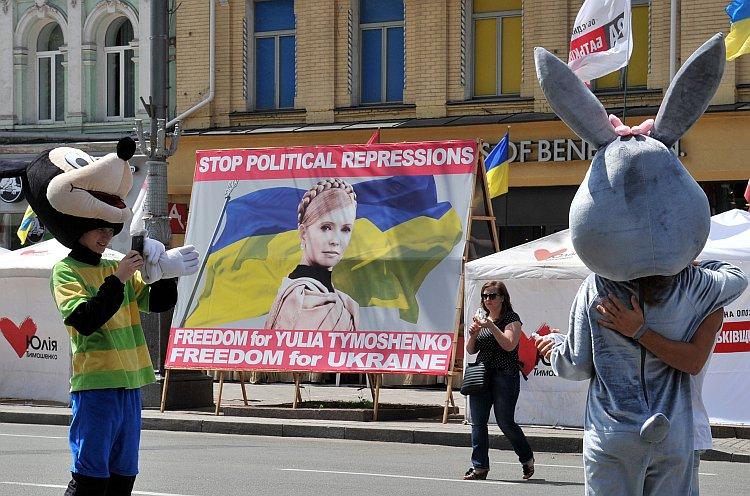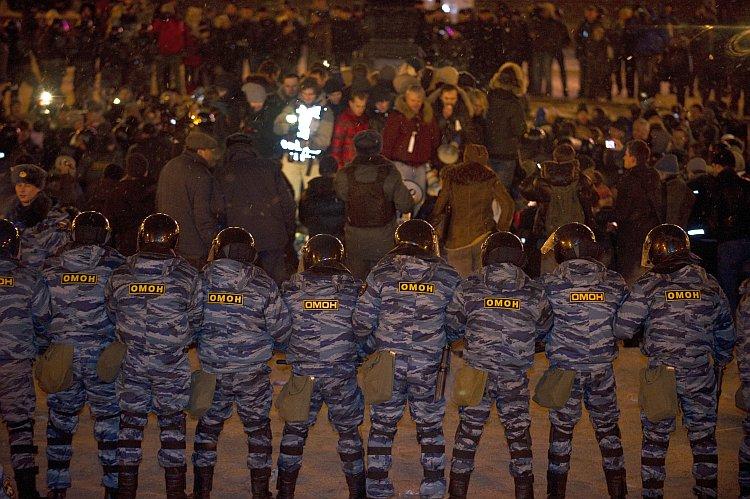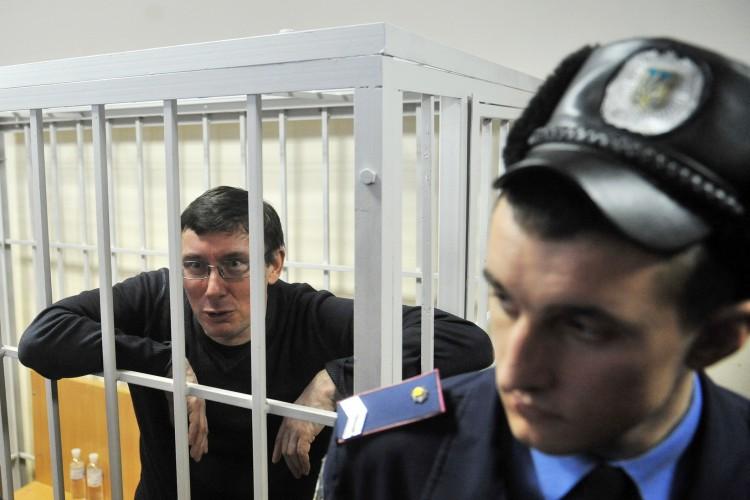More than 50 people were killed and hundreds were injured in violent clashes in the Ivory Coast following a political deadlock, the United Nations High Commissioner for Human Rights Navi Pillay said on Sunday.
The fighting began on Dec. 16 over incumbent President Laurent Gbagbo’s refusal to hand over the government to his opponent Alassane Ouattara, who is internationally recognized as the winner of the Nov. 28 elections.
Ouattara called on people to take to the streets in protest, and the protesters were met by armed Ivorian security forces who opened fire.
“The Ivorian security forces continue to behave deplorably, firing on unarmed protesters, denying them medial care, and threatening medical personnel,” said Amnesty International on Dec. 17.
The elections aimed to reunite the people of the Ivory Coast, the world’s largest cocoa exporter, who had separated during the civil war in 2002. The Ivory Coast, located in the west of Africa, is also known as Côte d’Ivoire.
The U.N. Human Rights Council expressed its concern over “the growing evidence of massive violations of human rights” going on in the Ivory Coast, according to the U.N.
“When people are victims of extrajudicial killings there must be an investigation, and there must be accountability,” Navi Pillay said.
The U.N. mission in Ivory Coast (UNOCI) received reports from hundreds of victims and their family members that individuals were abducted from their homes by armed men in military uniforms.
“Abducted people are reportedly taken by force to illegal places of detention where they are held incommunicado and without charge. Some have been found dead in questionable circumstances,” stated the U.N.
Armed forces loyal to incumbent President Gbagbo opened fire on U.N. peacekeepers on Saturday, and also fired on guards at the U.N. headquarters in the capital of Abidjan leaving, two observers wounded.
“Any attack on U.N. forces will be an attack on the international community, and those responsible for these actions will be held accountable,” said a statement issued by the spokesperson of the secretary-general.
The attacks were accompanied by statements from Gbagbo’s spokesperson demanding the U.N. mission leave the country.
“There will be consequences for those who have perpetrated or orchestrated any such actions or do so in the future,” the statement said.
Both Gbagbo and Ouattara were sworn in as president after the elections, and both are backed by rebel groups within the country.
If the conflict goes unresolved, the United States is prepared to impose sanctions targeted Gbagbo, his family members, and his inner circle.
The fighting began on Dec. 16 over incumbent President Laurent Gbagbo’s refusal to hand over the government to his opponent Alassane Ouattara, who is internationally recognized as the winner of the Nov. 28 elections.
Ouattara called on people to take to the streets in protest, and the protesters were met by armed Ivorian security forces who opened fire.
“The Ivorian security forces continue to behave deplorably, firing on unarmed protesters, denying them medial care, and threatening medical personnel,” said Amnesty International on Dec. 17.
The elections aimed to reunite the people of the Ivory Coast, the world’s largest cocoa exporter, who had separated during the civil war in 2002. The Ivory Coast, located in the west of Africa, is also known as Côte d’Ivoire.
The U.N. Human Rights Council expressed its concern over “the growing evidence of massive violations of human rights” going on in the Ivory Coast, according to the U.N.
“When people are victims of extrajudicial killings there must be an investigation, and there must be accountability,” Navi Pillay said.
The U.N. mission in Ivory Coast (UNOCI) received reports from hundreds of victims and their family members that individuals were abducted from their homes by armed men in military uniforms.
“Abducted people are reportedly taken by force to illegal places of detention where they are held incommunicado and without charge. Some have been found dead in questionable circumstances,” stated the U.N.
Armed forces loyal to incumbent President Gbagbo opened fire on U.N. peacekeepers on Saturday, and also fired on guards at the U.N. headquarters in the capital of Abidjan leaving, two observers wounded.
“Any attack on U.N. forces will be an attack on the international community, and those responsible for these actions will be held accountable,” said a statement issued by the spokesperson of the secretary-general.
The attacks were accompanied by statements from Gbagbo’s spokesperson demanding the U.N. mission leave the country.
“There will be consequences for those who have perpetrated or orchestrated any such actions or do so in the future,” the statement said.
Both Gbagbo and Ouattara were sworn in as president after the elections, and both are backed by rebel groups within the country.
If the conflict goes unresolved, the United States is prepared to impose sanctions targeted Gbagbo, his family members, and his inner circle.



